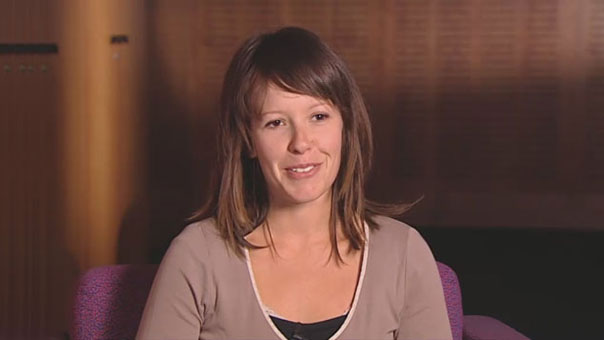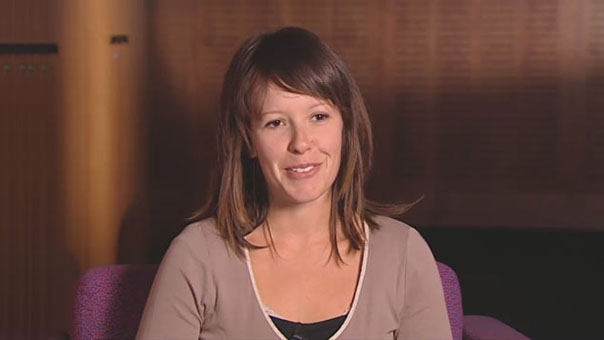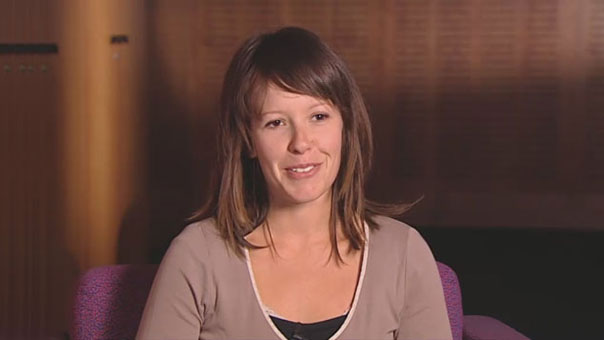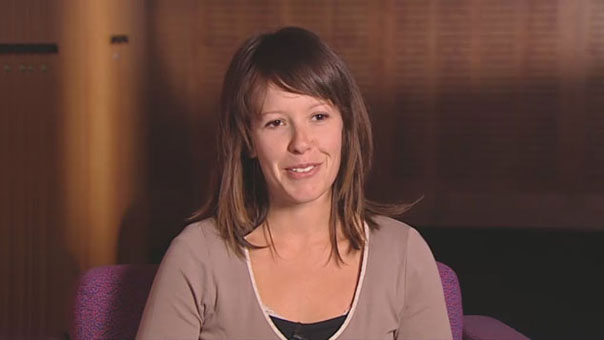Tara’s inspiration
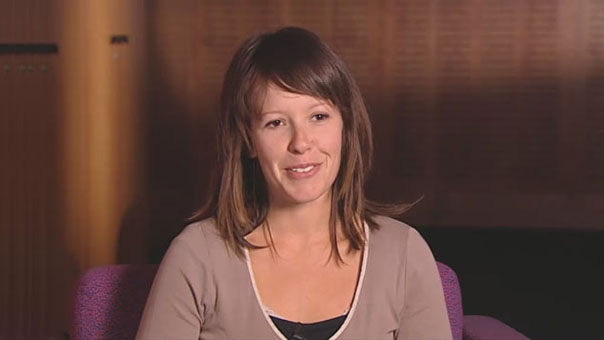
Viewing Guide
This resource contains a series of five interview videos with author, Tara June Winch. The interviews explore her ideas about her inspiration for writing, and writing habits and practices. Tara also discusses characterisation and narrative development, particularly related to her book, Swallow the Air.
Tara is of Wiradjuri, Afghan and English heritage. Tara was awarded the Victorian Premier's Literary Award for Swallow the Air.
During the video, think about these questions:
-
What power do words give to Tara June Winch?
-
Why is this important to her?
-
What does she think about her role as a writer?
-
What does she say about social and political issues in the Aboriginal community?
Think about how Tara’s advice relates to you and your writing ideas.
-
How has your background influenced your writing?
-
What is the power of words, in your opinion?
-
Where do you get your ideas from?
This resource supports the Australian Curriculum: English Years 7, 8, 9, 10 Literature (308) strands. It supports elements of the cross-curriculum priorities: Aboriginal and Torres Strait Islander histories and cultures.
In New South Wales, Tara June Winch’s novel Swallow the Air is one of the prescribed texts in Stage 6 English Syllabus, Area of Study 2015–18: Standard and Advanced and ESL: Language Study within an Area of Study.
Teachers may find it useful to combine these resources with others listed below to extend students’ learning.
This resource, and related classroom discussion and viewing guides, enables students to:
-
explore the features of stories and concepts developed by current writers whose work is acknowledged for its significance (Higher-order thinking)
-
use the metalanguage of literary criticism and language use (Metalanguage)
-
learn through focusing questions that knowledge is socially constructed with multiple layers and personal interpretations (Problematic knowledge)
-
recognise, acknowledge and value substantial cultural knowledge (Cultural knowledge)
-
recognise and explore connections to values and attitudes. Through the writer’s narratives, students can reflect on the way stories affect the perception of self in the modern world (Connectedness).
Websites
Interviewer Bill Spence: Tara, thank you for taking the time to be interviewed today. You come from a very rich and mixed background. How has that influenced your writing?
Tara June Winch: Coming from that background has influenced my work by giving me a foundation to look at my family and my community and have that influence on my fiction, so drawing inspiration from subject matter. It's also given me an insight into wider social and political issues in the Aboriginal community.
Bill: When did you realise that you were an author and start to take writing seriously?
Tara: I don't think I realise I'm an author. I do take it seriously though now, just because I've learned in the last couple of years the power and the opportunity words can have to get messages across and to connect with the reader. So I'm starting to develop into my career.
